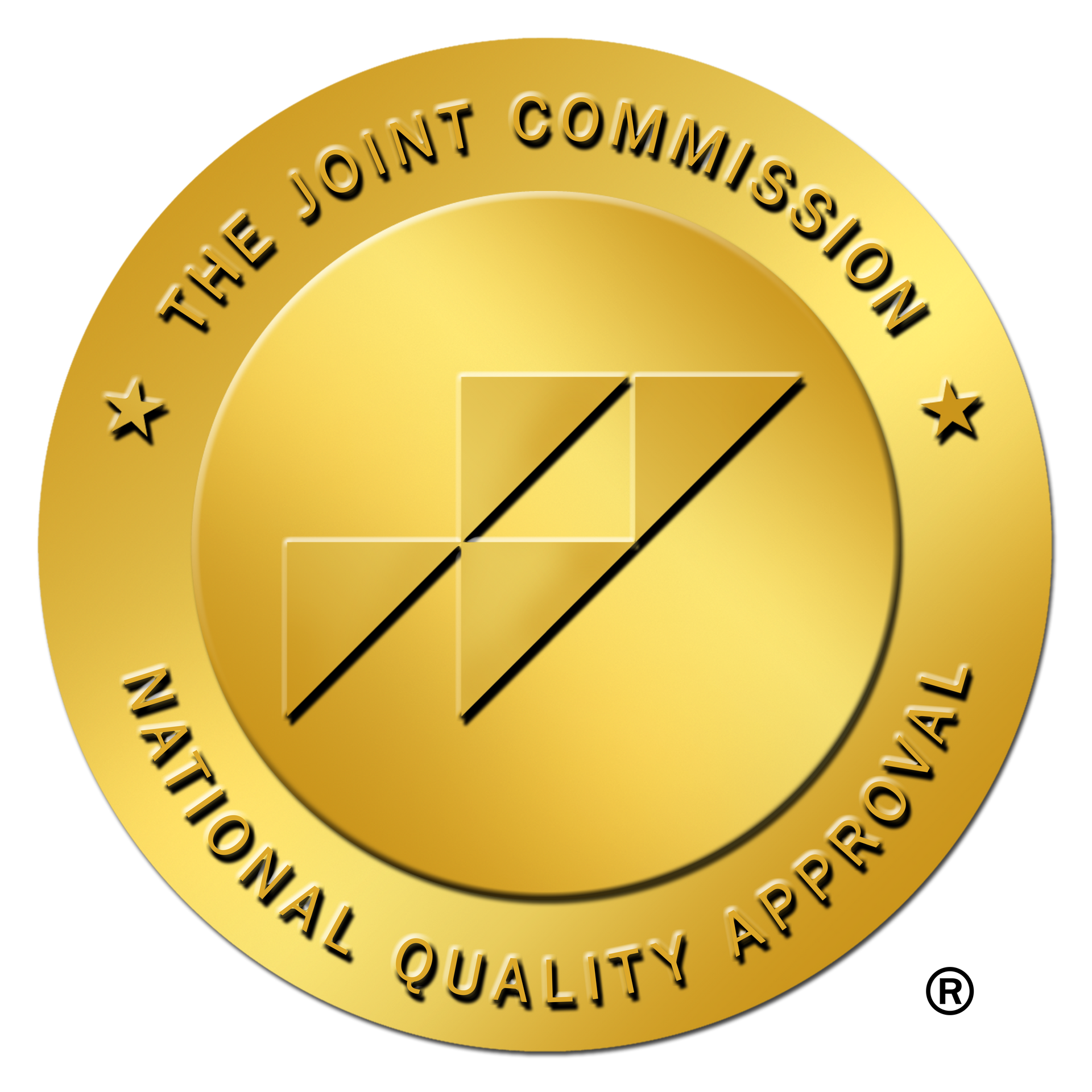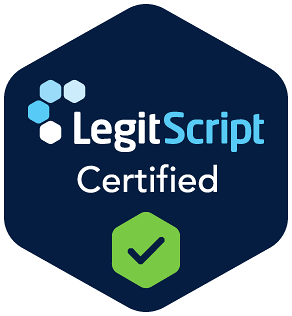Adolescents Drug Rehab New Jersey
Outpatient Rehab for Teens in New Jersey
Being a teenager is already complicated enough without addiction making everything harder. At New Chapter Youth, our outpatient programs in NJ understand that adolescents need recovery support that actually works with their lives, not against them. They can still attend school, spend time with friends, and be at home with their family while receiving the help they deserve.
Our outpatient rehab for teens isn’t about lectures or judgment, it’s about real tools, honest conversations, and finding the way forward. Healing happens in everyday environments, with professionals who understand youth development and the unique challenges faced during this critical time.
Don’t Let Drugs And Alcohol Take Any More Of Your Child’s Life From You

Teen Outpatient Programs in NJ
What Is Outpatient Rehab for Adolescents?
Outpatient rehab programs offer comprehensive substance use treatment while allowing adolescents to stay engaged with school, family, and daily life. This flexible model delivers evidence-based care through scheduled sessions that fit around educational and home routines.
Core components typically include individual counseling, peer support groups, substance use education, skill-building workshops, and family therapy. Sessions are thoughtfully timed, whether in the morning before school, in the afternoon, or in the evening, to accommodate sports, homework, or other responsibilities.
Treatment plans are responsive and adaptive, evolving based on what’s working and where more support is needed. Outpatient care can serve as a starting point, a step-down option after residential treatment, or a long-term support system to help children maintain healthy choices over time.
Why Choose Teen Drug Rehab in New Jersey?
Benefits of Teens' Outpatient Substance Abuse Treatment
Outpatient programs deliver clinically proven interventions while maintaining essential life connections that support long-term recovery success.
Key therapeutic advantages include:
- Ongoing academic progress and school participation
- Real-life use of coping strategies and emotional skills
- Custom plans based on personal needs and goals
- Treatment that also addresses mental health concerns
- Safety planning and crisis response during challenges
- Peer groups for shared understanding and guidance
- Support through post-treatment reintegration
This model eliminates recovery barriers by meeting young people where they are, creating sustainable patterns for long-term wellness.


Our Outpatient Rehab Program in New Jersey
Outpatient Substance Abuse Treatment NJ
New Chapter Youth’s outpatient rehab program delivers specialized, age-appropriate interventions designed to address the unique developmental needs of young people in recovery.
Our evidence-based treatment modalities include:
This approach emphasizes discovering personal strengths, developing healthy coping mechanisms, and building meaningful connections that support lifelong sobriety and a brighter future.
Call Now To Reach Our Youth Outpatient Drug and Alcohol Treatment In New Jersey
Don’t wait for alcohol and drug addiction to take any more of your child’s life from you…
New Chapter Recovery Will Take You From Hurting To Healing In Four Simple Steps
Phone Consultation
When you call our confidential helpline for teen and adolescent outpatient treatment nj, you will speak with a member of our caring and compassionate staff about your child's individual needs and discuss treatment options that would work for you.
Insurance Verification
We will verify if your insurance plan covers youth outpatient services for substance abuse and addiction treatment at our facility or we will help refer you to one of our close partner outpatient treatment facilities in New Jersey.
Program Intake
You and your child meet with one of our licensed professionals to create a tailored treatment plan specifically for your needs that will help your child heal and get back to life while beginning to build relationships with our caring and compassionate staff.
Relapse Management
We work together on your child's successful outpatient program, helping them heal before receiving their outpatient recovery program certificate. With continued alumni programs and support groups you are always part of our family!
Outpatient Rehabilitation Programs Frequently Asked Questions
What is the difference between an intensive outpatient program and a regular outpatient program?
An intensive outpatient program (IOP) consists of three-hour sessions 3-5 days per week, depending on the client’s individual needs and treatment requirements. A regular outpatient program typically involves one-hour sessions once or twice per week, offering more flexibility for those with work, school, or family commitments.
After successfully completing an intensive outpatient program, clients can transition to a lower level of care or participate in our alumni program to maintain their recovery progress and ensure long-term success.
What age groups do you serve in your outpatient treatment programs?
Our outpatient treatment program is specifically designed for young people aged 12 to 18 who are facing substance use and mental health challenges. While we offer programs for younger children, our outpatient services typically serve individuals aged 12 and above, with treatment approaches tailored to different developmental stages within this age range.
How long does the outpatient program typically last?
The duration of our youth outpatient program varies based on each client’s unique needs, progress, and goals. It can last anywhere from a few weeks to several months. However, some young people may benefit from shorter intensive periods, while others require extended support to build lasting recovery skills.
Our clinical team continuously evaluates progress and adjusts treatment length to ensure each client receives the appropriate level of care for sustainable positive outcomes.
Can teens continue their education while in your outpatient addiction treatment program?
Yes, one of the key benefits of our outpatient program is the flexibility it offers, allowing teenagers to continue their education and maintain their daily routines while receiving high-quality addiction treatment.
Our scheduling accommodates school hours, and we work closely with clients and their parents to ensure academic progress remains on track throughout the process.
What types of substances do you treat?
Our program addresses all types of substance use disorders affecting young people, including cannabis, LSD, prescription medications, stimulants, and emerging club drugs. We provide the same level of comprehensive, evidence-based care regardless of the substance involved, recognizing that all types of addictions can significantly impact adolescent development.
Can teens switch from outpatient to a higher level of care if needed?
Absolutely. Our clinical team continuously monitors progress and safety throughout treatment. If assessment indicates that a higher level of care would better serve recovery goals, we facilitate seamless transitions to an intensive outpatient or partial hospitalization program.
Treatment level adjustments are based on clinical indicators, safety considerations, and individual progress patterns.
Call Now To Reach Our Confidential Case Management Services For Youth Outpatient Treatment In New Jersey
Don’t wait for alcohol and drug addiction to take any more of your child’s life from you…
Why Choose
New Chapter Youth Recovery?
If your child needs youth outpatient programs in NJ for mental health and substance abuse, we will help them make the next chapter of their life the best chapter of their life… So far!
Professional Medical Staff
Our staff are fully and dually licensed for substance use in our youth and teen outpatient programs and more.
Recovery Community
At New Chapter Youth Recovery we are dedicated to treating everyone who walks in our doors like family.
Addiction Treatment While Living At Home
Intensive treatment at our teen treatment center helps our clients in their continuum of care when leaving residential treatment, or if they are not at the level of substance use needing inpatient services at a residential treatment center.


